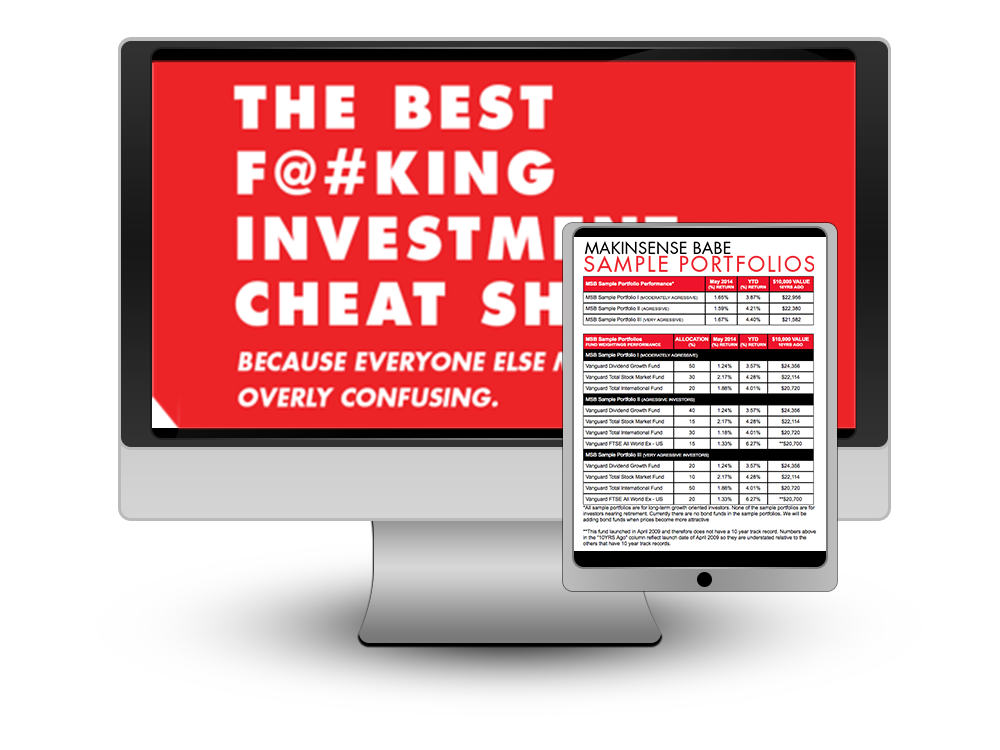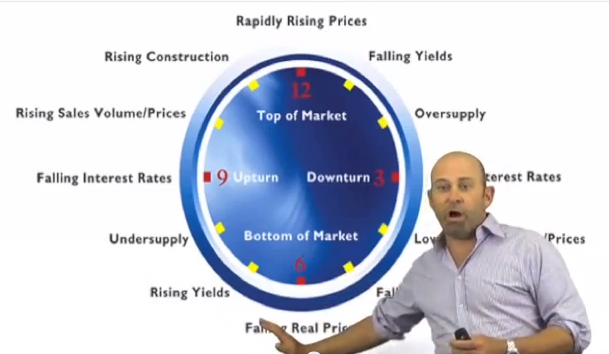A Cheat Sheet For Investing
Post on: 21 Июнь, 2015 No Comment

LearnVester Question:
I want to manage my retirement investing, but its complicated. Is there any cheat sheet I can follow?
Answer:
Take a deep breath. If youre capable of hitting the elliptical while reading a book and letting your laundry run in the other room, youre capable of tackling retirement!
We get it. You know that youre supposed to understand the fundamentals (read our Investing Basics !), but sometimes you simply need to see it in shorthand. Thats why weve brought you 4 LearnVest rules of thumb to simplify the way you think about investing:
Put At Least 10% Of Your Income In Savings.
As weve told you in the past, 10% of your net income should be allotted for savings. which includes your emergency fund and retirement account. Once you have saved six to nine months of living expenses in that emergency fund, you should then allot the entire 10% (or more!) toward your retirement account. If you have debt, read our article on how to balance paying it off and saving money .
Use The “120 Minus Your Age” Rule.
Subtract your age from 120: That’s the percentage of assets you should allocate in stocks in your retirement portfolio. Stocks are pretty aggressive investments. meaning that they have the potential for high growth, but also come with high risks. When youre saving for retirement, though, you have more time to even out risks. The 120 Minus Your Age Rule will guide you toward a pretty aggressive investment strategy, so subtract your age from 110 instead, if youd rather have a more moderate portfolio.
Follow The “Rule Of 72.”

Divide the number 72 by the yield you are currently earning on your investments to determine how many years it will take to double that investment (at the same yield). For example, if youre earning compounded interest at an annual rate of 9%, youll double your money in eight years (72 / 9 = 8).
If In Doubt, Consider An Index Fund.
Provided that youre a regular person rather than a stock guru, dont try to pick individual stocks. Instead, take a look at passively-managed index funds. which are a great way to get your feet wet. They aim to match the markets while charging much lower fees than traditional mutual funds. Dont let our jargon scare you away: When it comes to index funds and starting to invest. we spell everything out for you.
Remember, before you invest, you should first conquer your credit card debt and have an emergency fund with enough money to cover your expenses for at least six to nine months. If youre feeling like the rope in tug-o-war, read our article on which debts to pay off first .
We know that finding the right account is tough. Our experts have done all the research and picked the BEST accounts with top customer service, excellent products, and the easiest sign-up processes. Check out these LV-approved brokerage accounts :














